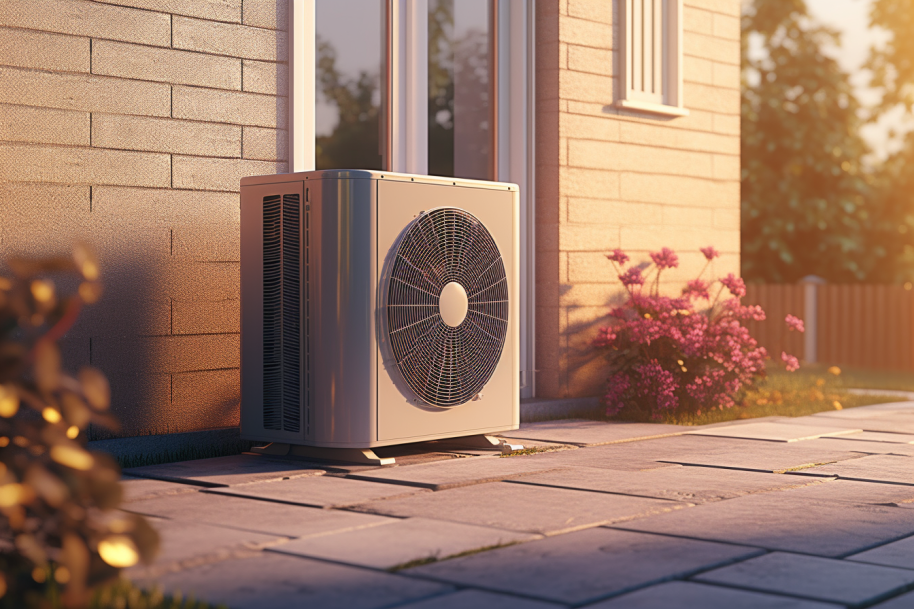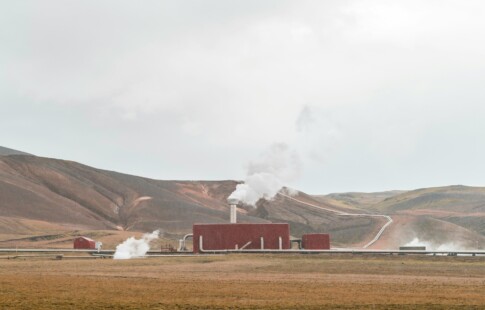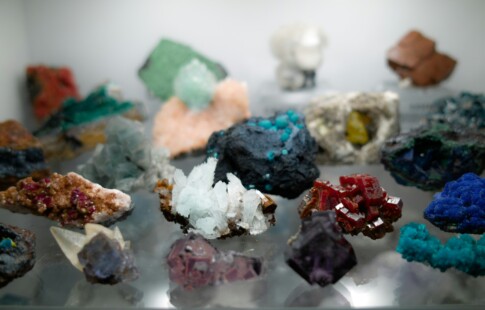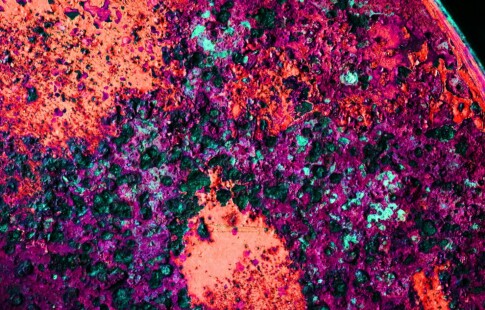
4 Environmental Impacts of Heat Pumps
We are reader-supported. When you buy through links on our site, we may earn affiliate commission.
Heat pumps are an integral part of many homes’ HVAC systems, used for heating and cooling. They are found in homes around the globe, but until recently, experts haven’t looked at heat pumps’ environmental impacts. How can your heat pump impact the environment and what can you do to improve your home’s carbon footprint?
1. Noise Pollution
One thing that prevents people from opting for high-efficiency heat pumps is the fact they tend to create some noise. If you live in an urban or suburban area with strict noise codes, this could be a problem. Even traditional air conditioning units can create an issue in neighborhoods with strict noise codes.
If you’re concerned about noise pollution, ductless heat pumps can provide the same energy efficiency and heating or cooling without any of the extra noise. These have a much smaller footprint than traditional heat pumps as well, making them easier to install in even the smallest spaces.
2. Refrigerant Leaks
All heat pumps and air conditioning units contain some form of refrigerant. It works better than water or other liquids for heat exchange, but the refrigerant itself can have an environmental impact if released into the atmosphere. While it isn’t as bad as when chlorofluorocarbons (CFCs) were the basis for this refrigerant, it is still 1,900 times worse for the environment when released than equal amounts of CO2.
While heat pumps are designed to prevent this sort of leak, older units can develop leaks over time. Refrigerant leaks also lower the efficiency of the heat pump, causing it to use more electricity to cool or heat your home. The best way to avoid this problem is to have your heat pump serviced regularly to ensure all the parts are in working order and there are no refrigerant leaks. An annual or biannual service can catch a lot of small problems before they become big ones.
3. Energy Efficiency
This is something that is important for all your appliances, not just your heat pump. The goal is to have the most energy-efficient appliances in your home, and that includes all parts of your HVAC system. Older units require more energy to cool or heat your home.
Look for the Energy Star rating on your appliances, including your heat pump. These appliances are certified by the FDA to help save you at least 15 percent on your energy bill — sometimes even more. Even your windows might come with an Energy Star rating. Single pane windows, which were standard equipment in older homes, don’t contain hot or cold air the same way windows with two or three panes can.
4. CO2 Exhaust
Most modern heat pumps run on electricity, so they generate less CO2 than heating methods that use oil, natural gas or pellets as fuel. If your home still has an older heat pump that uses these fuel types, switching to a more modern model that uses electricity can help reduce your home’s carbon footprint and make your house a little bit greener overall.
This CO2 exhaust can be offset even further by powering your home or even just your heat pump with solar or wind power. However, there will be days where solar or wind power is lacking, and you end up using the local power grid to heat or cool your home.
The carbon footprint of your heat pump will be higher when it is under more strain, during the hottest months of summer or the coldest months of winter. However, that footprint will be significantly less with a modern heat pump that uses electricity as its fuel.
Heat Pumps’ Environmental Impacts
A functioning heat pump is an essential part of your home’s HVAC system. A modern one, or one that is well maintained, can help reduce your energy costs, improve your home’s carbon footprint and help keep your house more comfortable during the warm summer or cold winter months. If you have an old heat pump, it’s a good idea to have it serviced regularly or even replace it to ensure it’s working within acceptable parameters and hasn’t developed any leaks.
Pay attention to your heat pump. It will save you plenty of money in the long run, and if you’re concerned about your home’s carbon footprint, an upgraded heat pump will reduce your environmental impact and ensure your house remains comfortable for years to come.
Share on
Like what you read? Join other Environment.co readers!
Get the latest updates on our planet by subscribing to the Environment.co newsletter!
About the author

Jane Marsh
Starting from an early age, Jane Marsh loved all animals and became a budding environmentalist. Now, Jane works as the Editor-in-Chief of Environment.co where she covers topics related to climate policy, renewable energy, the food industry, and more.





